detail profile nurmukhan zhanturin
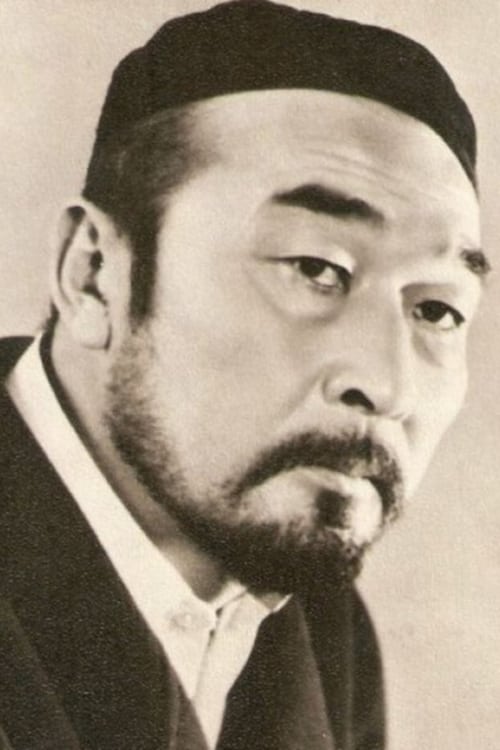
Nurmukhan Zhanturin
Nurmachan Shanturin
atau dikenal sebagai
Riwayat Hidup
Nurmukhan Zhanturin was born in the settlement of Kondaurovo, Guriev Region (now known as Atyrau Region, Kazakhstan) on April 22, 1928.
At the age of 14 he started working as an operator's assistant in a Guriev oil prospecting group, and later attended motion picture operator courses in Alma-Ata.
He graduated from Alma-Ata Movie School in 1950 and the Acting Dept.
of the Ostrovsky Institute of Performing Arts (Tashkent) in 1952[4] and soon joined Auezov Theater.
His first screen roles go back to 1948, while 1967 saw Zhanturin officially employed at Kazakhfilm Studios.
He returned to the theater in 1988 and continued to work there until his death in 1990.
Zhanturin's best-known roles include Chokan Valikhanov (eponymous play by Sabit Mukanov), Kodar (Kozy Korpesh — Bayan Sulu by Gabit Musirepov), Kebek and Syrym (Enlik-Kebek and Karakoz by Mukhtar Auezov), Arman (One Tree Does Not Make a Forest by Abdilda Tazhibaev), Kaben (Unquenchable Fire by Zeinulla Kabdulov), Sanzhan (Unfunny Comedy by Akim Tarazi), Doctor (The Forgotten Man by Nâzım Hikmet), Sintaro (A Woman's Life by Kaoru Morimoto), Molière (The Cabal of Hypocrites by Mikhail Bulgakov), as well as Iago and Macbeth in Shakespeare's Othello and Macbeth (the latter in a production at the Seifullin Theater in Karaganda).
Mark Donskoy spotted Zhanturin's talent when scouting the Central Asia for actors for his movie Alitet Leaves for the Hills (after a 1950 novel by Syomushkin).
Nurmukhan played the role of a young man named Tumatuge.
This first screen role paved his way to popularity.
Nurmukhan's other well-known roles included Kerim (Daughter of the Steppes, 1954), Dzhoomart (Saltanat, 1955), Alzhanov (On the Wild Coast of the Irtysh, 1959), Abakir (Heat, 1962), Tagay (Dzhura, 1964), Tanabay (The Trotter's Gait, 1968), Ablaykhanov (The End of the Ataman, 1970), Kurmangazy (Kurmangazy, 1974).
He first appeared as Shoqan Walikhanov in the 1957 movie His Time Will Come (directed by Mazhit Begalin).
Zhanturin's eponymous role in Sultan Baybars brought him a prize for Special Achievements in Acting (shared with Nonna Mordyukova) at Sozvezdie-90 USSR national festival.
He performed a total of more than 50 roles on screen
Info Pribadi
Peran Yang Di Mainkan Nurmukhan Zhanturin
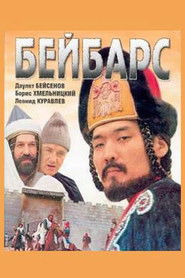 The first part of a historical...
The first part of a historical...Beybars 1989
The first part of a historical film dilogy based on the story “Emshan” by Maurice Simashko. XIII century. Equal to God, Sultan Beybars — the ruler of Egypt, who has the largest fleet in the Mediterranean, crushed the Crusader troops and countless hordes of Genghis Khan’s descendant – recalls the life path he passed before ascending to the throne of the ruler.
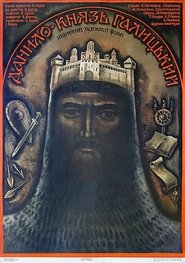 XIII century Prince Daniel of Galicia...
XIII century Prince Daniel of Galicia...Prince Danylo Halytskyi 1987
XIII century. Prince Daniel of Galicia returned from the Horde, where he graciously have allowed to rule in Galicia in exchange for recognition his submission to Khan. But he can not accept the humiliation. He begins to prepare for war with the hordes of Batu, who conquered many Russian principalities. The Hungarian king, Lithuanians and Poles promised to support Daniel, but Pope Innocent IV refuses to lend a hand. Daniel's army is compelled to reflect the invasion of nomads herself.
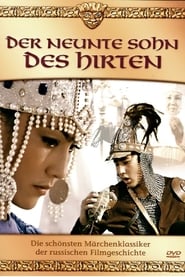 The youngest son of the herdsman...
The youngest son of the herdsman...Fear, Enemy, the Ninth Son 1984
The youngest son of the herdsman Yerzhan — the ninth son of Yerkenzhe, goes in search of his father and eight brothers, bewitched by the evil Tasbol into stone idols. By the power of his spirit, Yerkenzhe overcomes the spell of Tasbol and frees his loved ones.
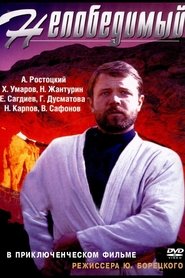 Film about a Russian Master of...
Film about a Russian Master of...The Invincible 1983
Film about a Russian Master of Martial Arts, Andrei Khromov (Rostotsky). Based on a true story. A young man travels all over the Eastern republics of the Soviet Union. He is studying various systems of self-defense in order to develop his own system that would make him unbeatable.
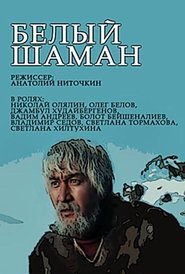 The action takes place in the 1930...
The action takes place in the 1930...White Shaman 1982
The action takes place in the 1930s and 1940s in Chukotka. With the establishment of Soviet power, changes are coming to the camp. The main character — hunter Poygin — does not realize the significance of what is happening immediately. There is a series of events: a collision with a Black shaman who tried to take away a beloved woman from a hunter, a meeting with the head of the cultural base Medvedev, etc. Poygin observes the events that ultimately determine his life position. He becomes chairman of the first collective farm in Chukotka.
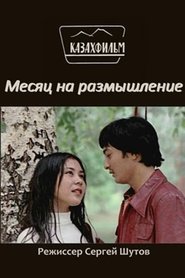 The young people fell in love...
The young people fell in love...A Month to Think 1980
The young people fell in love with each other and decided to get married. The month they were given to reflect helped the characters to look at themselves and others in a new way, to test their feelings.
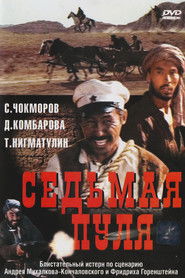 Despite the restoration of Soviet power...
Despite the restoration of Soviet power...The Seventh Bullet 1973
Despite the restoration of Soviet power in the area, Basmachis continue to arrive from across the border, bringing death and destruction to peaceful villages. One of the bands of rebels is led by Khairulla who is pitted against the militsiya (local militia) leader Maxumov. At first it seems hopeless for Maxumov as the rebels capture most of his men, winning them over to his side. He has only one strategy left; to give himself up, and try to explain to the people that Khairulla has deceived them, turning the soldiers back to revolution. Later in pursuit of his enemy, he chases Khairulla across a river. He has only one bullet left -- the seventh, and he must not miss his target!
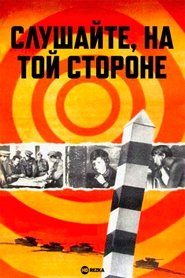 Soldiers of the RussianMongolian Joint Special...
Soldiers of the RussianMongolian Joint Special...Listen, on the Other Side 1972
Soldiers of the Russian-Mongolian Joint Special Detachment, who are carrying out a special mission, went to the front line of the war and assumed the responsibility of conducting a sharp emotional and ideological battle with words and sounds. Therefore, the contribution of these people in the battle of Khalkh River was huge. This film shows the Khalkh River War and its scope through the actions of the "Little Squad" and the thoughts of its heroes.
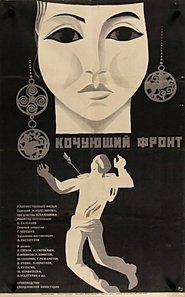 1919 Russian Civil War Siberia was united...
1919 Russian Civil War Siberia was united...Nomadic Front 1972
1919, Russian Civil War. Siberia was united under the rule of the White Guard General Kolchak. Unwilling to recognize his power, 32 common villages from the Yenisei province declare themselves the independent Soviet Badja Republic. The Badja guerrillas, led by the hero of the WWI Pyotr Shchetinkin, quickly become a serious enemy for the White Guard.
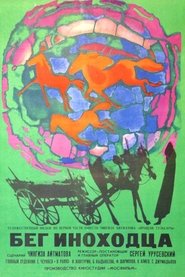 Based on Chingiz Aitmatovs novel Farewell...
Based on Chingiz Aitmatovs novel Farewell...Goodbye, Gyulsary! 1969
Based on Chingiz Aitmatov’s novel "Farewell, Gyulsary!" The story of Tanabai the blacksmith, father of three children, who upon his return from war became a herdsman, and his tragic love for the soldier’s widow Byubyudzhan. The lyrical poem has an additional storyline concerning the horse Gyulsary and his master Tanabai.
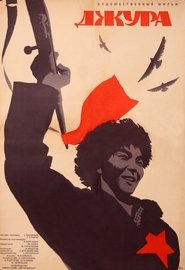 The end of the 1920s the...
The end of the 1920s the...Dzhura 1964
The end of the 1920s — the beginning of the 1930s in Kyrgyzstan. Parts of the Red Army are waging an uncompromising struggle with basmachi in Central Asia. The film tells about the formation of the character of the young Kyrgyz hunter Djura, who found himself in a swirling whirlpool of revolutionary events that swept the Pamirs. It shows the hard way from a simple young hunter, entangled in centuries of prejudice, to a conscious, seasoned in many battles with the Basmachi mature fighter, who believed in the great ideas of the revolution.
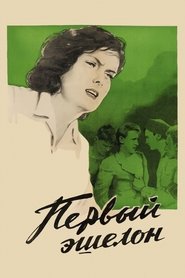 In one of the steppe regions...
In one of the steppe regions...The First Echelon 1955
In one of the steppe regions of Kazakhstan arrives on Komsomol youth squad. Severe frosts, spring mud flows, exhausting work than their specialty - the development of virgin land does not come easy. But the young are young - they work, enjoy life, fall in love. In the center of the story - the touching romance secretary of the Komsomol organization and tractor driver Anne.
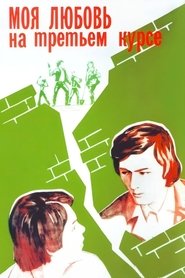 The student team arrived to spend...
The student team arrived to spend...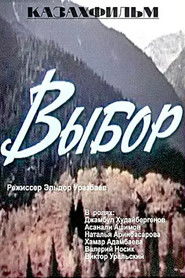
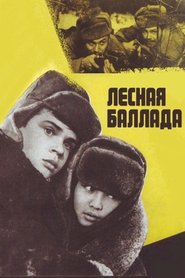
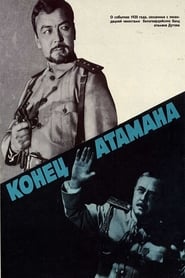 A Kazakh spy thriller In 1921 at...
A Kazakh spy thriller In 1921 at...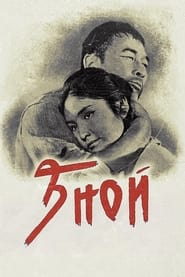 An idealistic high school graduate goes...
An idealistic high school graduate goes...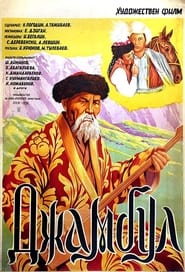 The film tells about the life...
The film tells about the life...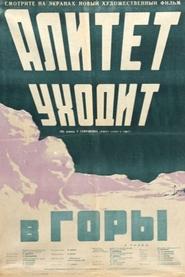 Mark Donskoy went to the wilds...
Mark Donskoy went to the wilds...